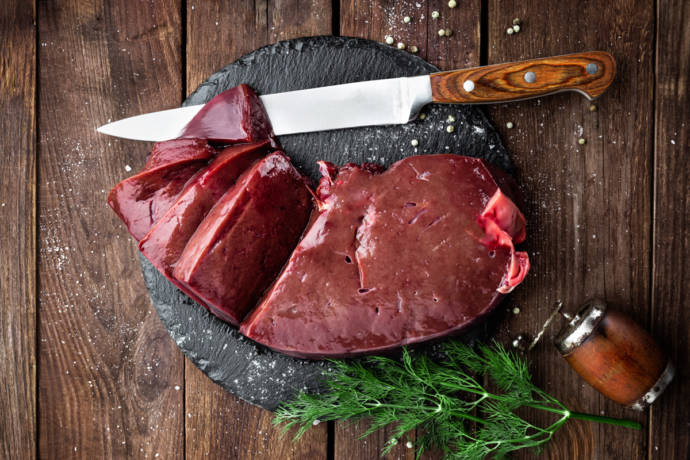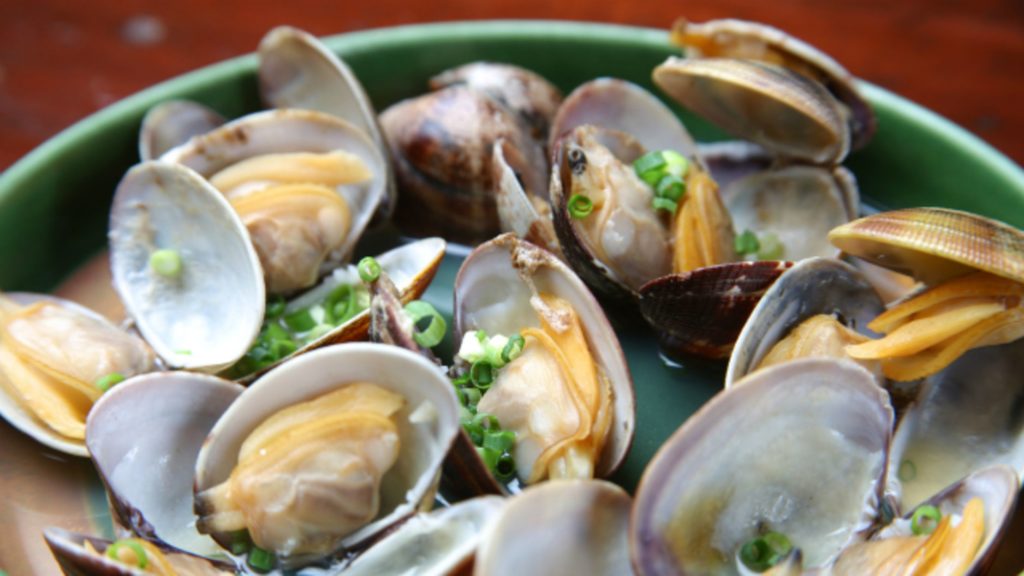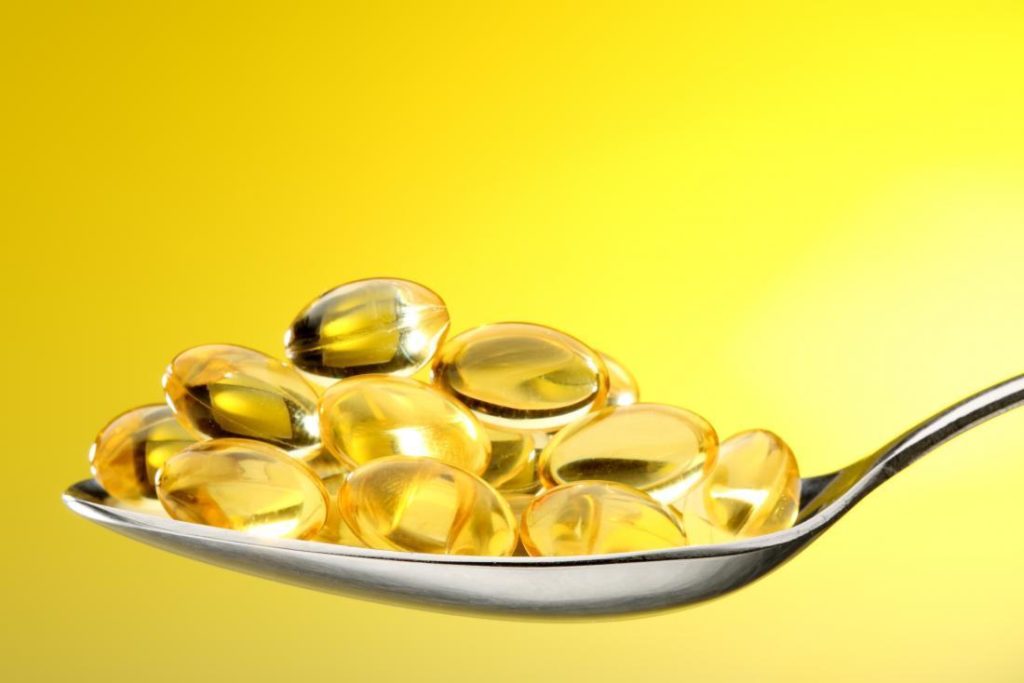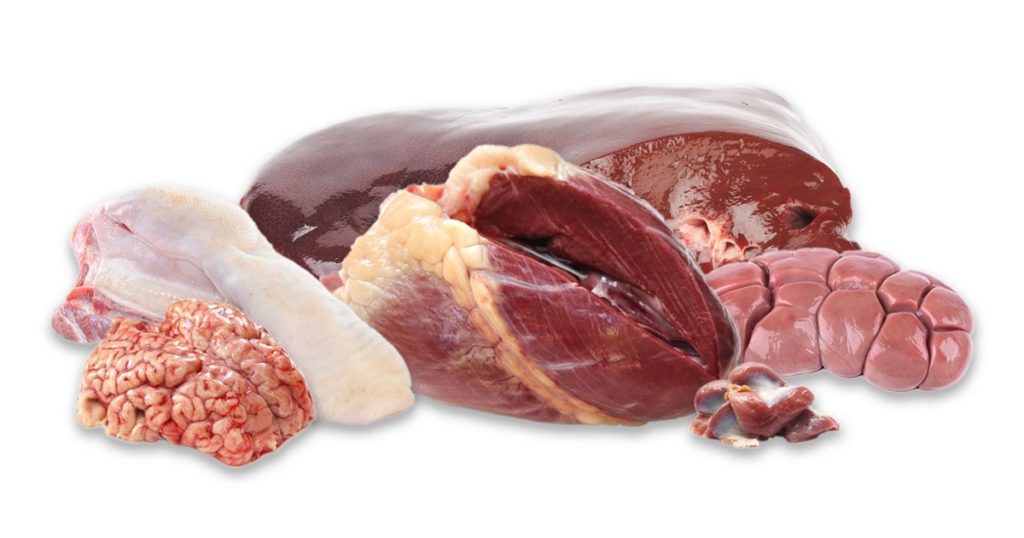We all grow up learning the fact that foods with high-cholesterol can put us at a higher risk of heart diseases. However, certain recent studies suggest otherwise. It is a known fact that the liver produces most of the cholesterol found in our bloodstream.
When we eat high-cholesterol foods, our liver produces less cholesterol in response. For this reason, dietary cholesterol has minor effects on the cholesterol levels in the blood.
Further studies suggest that the amount of dietary cholesterol is not directly linked to strokes or heart attacks. Many of the most nutritious and healthiest foods are high in cholesterol. Here are some of the super healthy high-cholesterol foods:
Cheese

It is one of the tastiest, filling, and nutrient-dense foods. Only a single slice or an ounce of cheddar cheese provides a relatively high amount of cholesterol along with various other nutrients like protein and calcium.
Research suggests that cheese can improve heart health despite having high saturated fat. It is a low-carb, high-protein food that can help reduce overall body fat and improve muscle mass.
Eggs

Again, one of the most nutritious foods high in cholesterol. Two large eggs can provide you 372 mg of cholesterol, 56% of the DV, 13 grams of protein, and abundant amounts of vitamin B12, riboflavin, and choline.
However, some people only eat the egg white and exclude the cholesterol-rich yolk because of a misguided fear of eating more fat. Nutritionists consider yolk to be the most nutritious section of an egg that provides all the necessary nutrients while you only get mostly protein from the egg white.
Egg yolks contain essential antioxidants namely lutein and zeaxanthin. These help in reducing the risks of eye disorders such as macular degeneration and cataract. Eating whole eggs can help reduce the possibility of heart diseases in some people. Eggs can make you feel satisfied and full for a long time and help reduce blood sugar levels.
Liver

Considered to be a nutritional powerhouse, liver from any animal is also a rich source of cholesterol. It also provides other nutrients like protein, vitamins, and minerals. It also provides an easily absorbable heme form of iron.
The liver is one of the best sources of choline. A 3.5 ounce of beef liver contains 339 mg of choline that helps maintain a healthy brain, liver, heart, and muscles.
Shellfish

Shellfishes are delicious and nutritious. Popular types include shrimps, crabs, lobsters, mussels, oysters, scallops, and clams. Interestingly, shellfish have lower fat content despite being high in cholesterol. A 100-gram of shrimps contain only 2 grams of fat with 211 mg of cholesterol.
Shellfishes are also rich in protein, vitamin B12, and choline. You can get around 90% of the mineral selenium from a single serving of many shellfish. Selenium helps reduce inflammation and decreases the risk of prostate cancer.
Shellfish are also a good source of iodine, which is essential for the proper functioning of the brain and thyroid.
Cod liver oil

A concentrated form of cod liver oil provides amazing health benefits. A tablespoon of cod liver oil contains 570 mg of cholesterol, vitamin A, and vitamin D.
It is also a rich source of omega-3 fatty acids, which provide various health benefits including reduced risk of heart diseases. Some researchers suggest that omega-3 fats and vitamin-D work together to prevent cancer.
Organ Meats

Some common organ meats other than the liver include the heart, brain, and kidneys. Most organ meats are low in fat yet high in cholesterol. A 100-gram serving of lamb’s kidney contains only 4 grams of fat with 565 mg of cholesterol. Organ meat is a rich source of several minerals and vitamins including vitamin B, selenium, and iron. Heart meat has high amounts of CoQ10 that help mitigate the symptoms of heart failure. It also helps in reducing muscle pain connected to cholesterol-lowering statin drugs.
Sardines

Considered a superfood, sardines have high cholesterol content. A single serving of sardines provides 142 mg of cholesterol, 24% of vitamin D, 29% of calcium, 96% of selenium, and 25 grams of protein. Further, it provides 982 mg of omega-3 fatty acids. Several health benefits of eating sardines include reduced risk of heart diseases and improved brain health. Omega-3 fatty acids also help ease the symptoms of depression.




